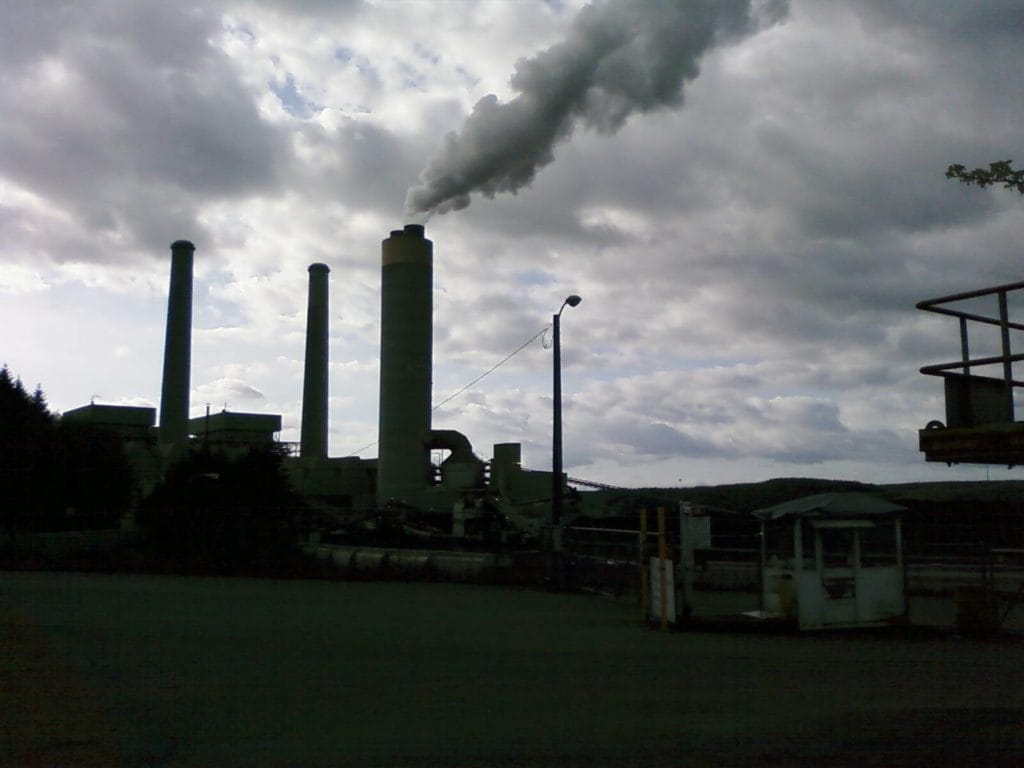News
Federal Court Rejects Challenge to Washington State Energy Efficiency Rules
A federal court today upheld Washington’s 2009 energy efficiency building code – a code that sets standards that will save Washington residents millions of dollars and reduce harmful global warming pollution. The building code sets energy efficiency requirements for new homes that will reduce energy use, and homeowners’ energy bills, for years to come. The Building Industry Association of Washington had challenged Washington’s code, alleging that it conflicted with federal law, despite that fact that the code gives builders the flexibility to pick from a large range of energy efficiency options.
Read MoreReport: Washington's TransAlta Coal Plant Ranked 125th Nationally in Release of the Toxic Metal
A chorus of calls for TransAlta to reduce emissions increased in volume this morning as a Seattle-based coalition released a report detailing what it called an “extremely dangerous” level of mercury roughly one month before the U.S. Environmental Protection Agency is expected to propose new mercury emission requirements.
Read the full article online at The Chronicle.
Read MoreWelcome Lynne Dial, the Coalition's new Policy Associate
Please join us in welcoming Lynne Dial to the NW Energy Coalition. Lynne is the new Policy Associate based in the Seattle office. She comes to us from the Energy Efficiency Services group at Puget Sound Energy where she was an energy education facilitator.
Read MoreDoes Your Outlet Need Centralia?
A new article by the Sightline Institute debunks the notion that the Centralia Coal plant is needed to provide 10 percent of Washington state’s energy needs.
Read MoreThe Missoulian: Measure looks to deter tiered energy rates for conservation efforts
Coalition staffer Diego Rivas is quoted in this article on a new bill in the Montana legislature that looks to specify that tiered or “inverted block” utility rates meant to promote energy conservation should only be allowed if they reflect the utility’s actual costs.
Read MoreNPR Posts Positive Poll for Clean Energy in Northwest
Wind farm developers may be cheered by the results from a new public radio poll. It found broad support for wind energy among both urban and rural Northwest residents. The finding comes amidst nagging opposition to some new wind farms from upset neighbors. The opinion survey was a collaboration of the Northwest Health Foundation, the polling firm Davis, Hibbitts and Midghall and public radio stations across the Northwest.
Read MoreABC News: Judge rules lawsuit against Mont. coal lease can go on
A state judge on Monday gave environmentalists a green light to press forward with their challenge of Montana’s lease of 587 million tons of state-owned coal to a St. Louis company.
Read the full story at ABCNews.com
Read MoreCoal terminal opponents grill Montana governor at WA commissioners' meeting
The Daily News Online – Nearly two dozen protestors greeted Montana Gov. Brian Schweitzer Wednesday morning in Kelso, WA during his stop to promote coal transport from his state through a proposed export terminal west of Longview.
Read MoreBoardman plan is good; now let's reach for better
Andrea Durbin, Executive Director of Coalition member Oregon Environmental Council has an opinion piece in The Oregonian on the plan to close the Boardman coal-fired power plant no later than the end of 2020.
Read MoreThe Transformer – January 4, 2011
Customers right to be wary of smart grid
“Cyberfying” the electric system is one of the biggest topics in today’s energy world. Article after article extols the wonderful things the smart grid will do for customers, from heightening energy system reliability and safety, to capturing energy efficiencies, to more easily incorporating renewable resources and facilitating electric vehicles, etc.
Given all these assumed benefits, smart grid proponents seem surprised that so many consumer advocacy organizations — particularly those concerned about low-income ratepayers – are urging caution.
Read More


